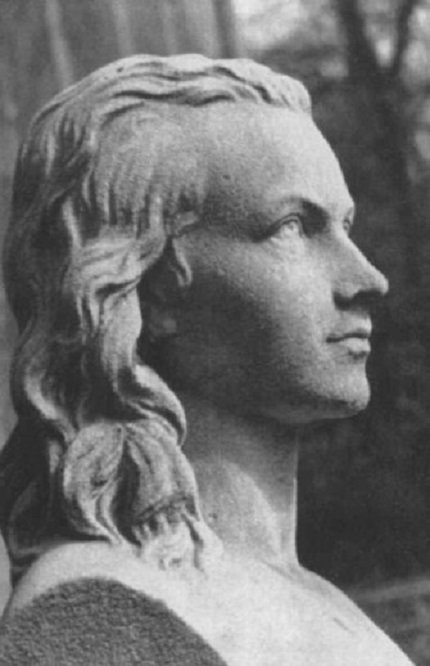As tempted by philosophy Novalis seeks to embrace the essence of the universe, to perceive the laws to which the macro and the microcosm obey. His cosmological concepts contain certain ethical assessments that prompt us to assume that he views the world as a unity formed by the primordial moral values. In his fanciful idea of the universe, love is enshrined as a fundamental principle. This German poet has believed that there is galvanization of the spirit: Novalis transforms science into poetry because, as a supporter of the mystic, Messmer believes that in the spiritism, sleepwalking and hypnotism the hidden dependence between nature and human soul. This view is shared by Novalis. And for him, in these abnormal states, the human soul ceased to be an individual consciousness, living as a part of the general soul of nature, and succeeding in sharpening the most clear of the absolute. The spiritistic session, somnambulism and hypnotism were the key to the sacred mystery of the mysteries and the source of a higher mystical knowledge.
According to Novalis, "nature has an artistic instinct, and the desire to distinguish nature from art is just an empty tune" (1086). The same artistic instinct is inherent to man: "Almost every man is to some extent an artist. In fact, he sees it from the inside out, not from inside out. He feels from the inside out and not from inside out ... . The depiction of the soul must be like the portrayal of nature, amorous, in a universal way, unifying and creative" - writes Novalis. For him, poetry is an image of the soul, of the inner world in its entirety. It dissolves the alien being in its own" Poetry heals the wounds that carry the mind, writes Novalis. It consists of diametrically opposed components - of exalting truth and delight. In fragment 1203 Novalis states that poetry is the hero of philosophy. Philosophy raises poetry into a principle. It teaches us to get to know the essence of poetry. In another fragment, Novalis typically develops the romantic thesis of the impossibility of defining poetry:" There is a special sense of poetry, a poetic mood in ourselves. The poetry is entirely personal, therefore, it does not lend itself to description and definition. In the previous fragment , he pronounced himself with the same certainty about the evaluation of poetry: "The criticism of poetry is a complete nonsense. It is quite difficult to decide at all whether something is poetry or not and yet it is the only possible solution ... "
In fragment 1229, Novalis declares that the true poet is omniscient; he is a real microcosm. According to him, the realm of the poet must be the world centered on the focus of his time . At first the poet and priest were the same person and only the later epochs separated them . The true poet, however, always remains a priest and the true priest is forever poet. In the already mentioned 1208, Novalis exposes his romantic vision of the poet's mission: "The sense of poetry has much to do with a sense of mysticism. It is a sense of the peculiar, the personal, the unknown, the mysterious, of what is yet to be revealed, of the necessary-accidental ... The poet is really devoid of a sense of reality, but everything is done in himself. He represents in the most real sense of the word subject-object-soul-world ... The sense of poetry has a close kinship with a sense of prophecy and a religious, clairvoyant sense in general.

